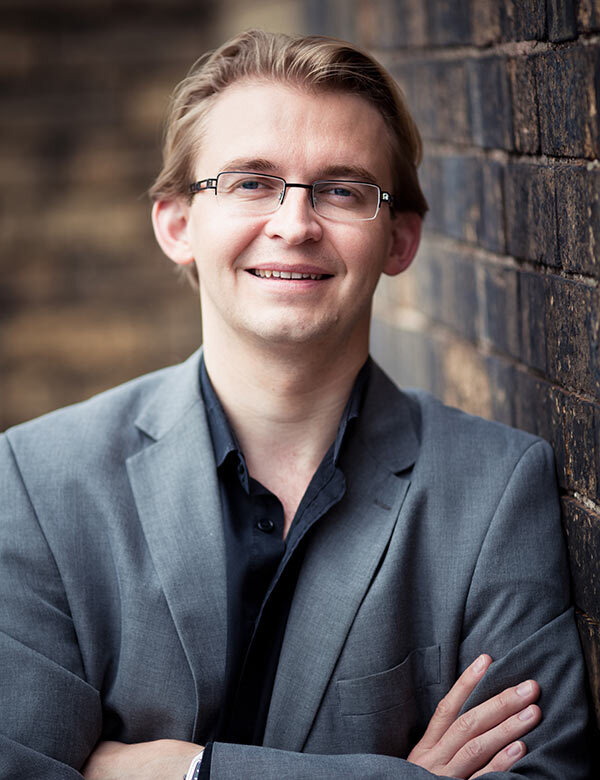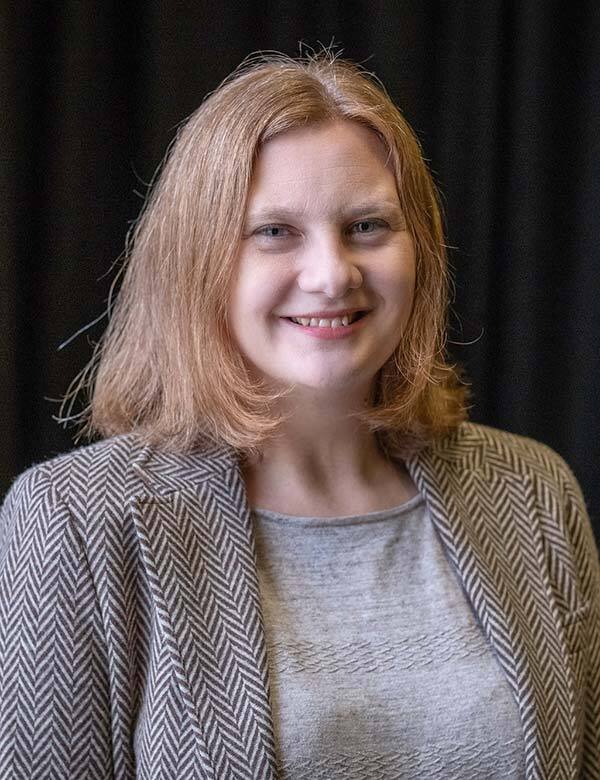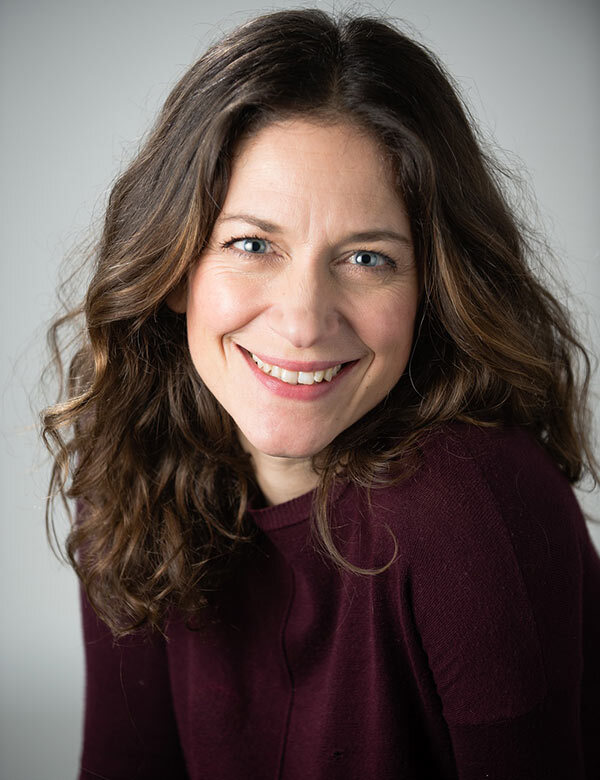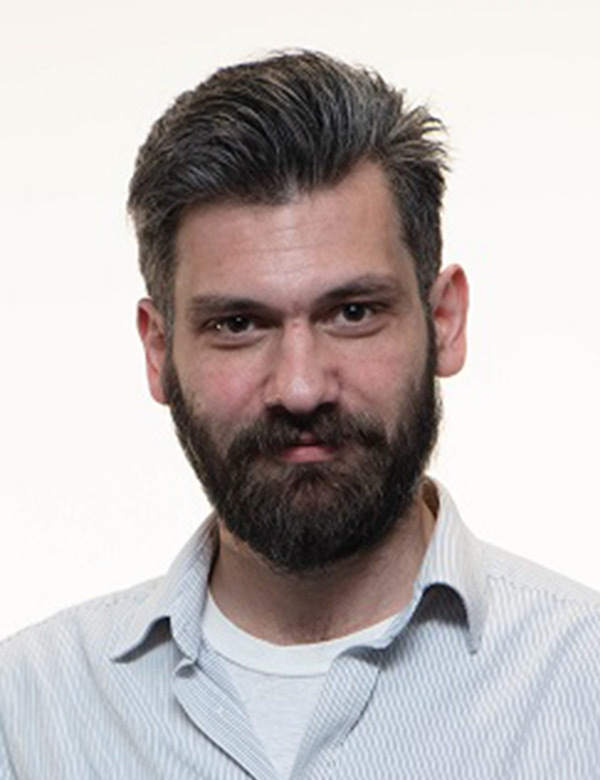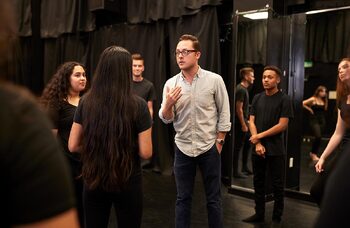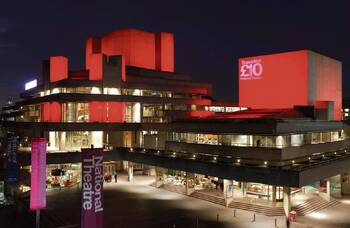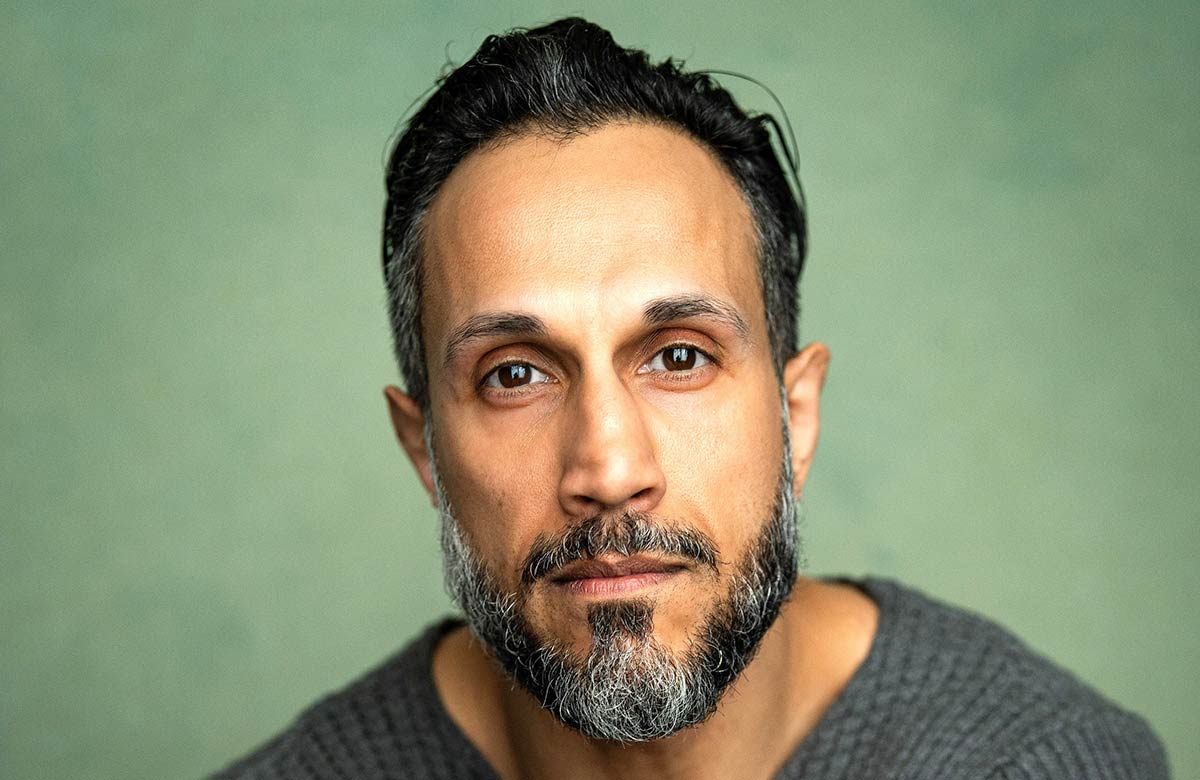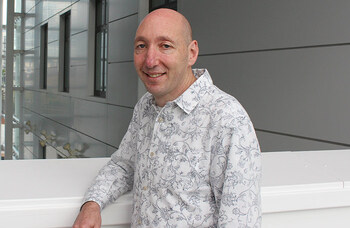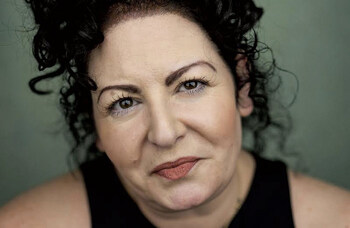What does the future of drama training look like?
Artificial intelligence, motion-capture, virtual reality… drama schools must adapt their courses to keep up with industry changes. Leaders tell John Byrne how they are doing this alongside getting up to speed on issues such as gender balance and inclusivity
From self-tapes to self-care, artificial intelligence to accessibility, the technologies and talking points of the performing arts industry have all experienced huge transformation in a relatively short time. With no sign of this rapid development curve flattening out any time soon, the onus is now more than ever on the drama training sector not only to keep pace with current progress, but also to give students the tools to cope with a future in which the only constant is likely to be ongoing change.
“Covid, in some ways, did our industry a favour in that it made it step out of its comfort zone,” says Louise Pieri, chief executive and creative director of Performance Preparation Academy in Guildford. “There is a lot to say about a creative mind and how quickly it can adapt to finding a way forward, even if it feels impossible. We, as a college, learned very quickly about the positive benefits of live-streaming, self-taping and creating material on a multimedia level that could be utilised in the way we presented students to the industry.
‘We aim to empower our students to change the face of the industry for the better’ – Philippa Strandberg-Long, LAMDA
“When presenting our acting students especially, we have found creative and interesting ways for the industry to view their theatre and screen work simultaneously. We hold a showcase in London and stage plays at the college theatre for those who can attend; however, we also have exciting and interactive ways to introduce our students to the industry, allowing professionals an opportunity to see so much more of a student than simply a monologue on a stage or screen.
“Our students need to be creative and adaptable with the skills they have and embrace the power of a mobile phone; what it can do for an actor’s career is staggering. Producing self-devised mobile-phone films from the start of their training allows them to create theatre with what they have and not get used to expensive equipment that they may not have access to as a working actor.”
Virtual production focus
LAMDA’s head of acting training Philippa Strandberg-Long says its ambition is to combine essential classical training with experience of cutting-edge developments.
“And,” she adds, “by working with new technologies and exciting emerging artists, to provide our students with the skills necessary for today and the future. For instance, we are proud to be one of the first drama schools in the UK to offer virtual production technology and mo-cap training to our students. The full-size VP will create versions of scenes using CGI and this, coupled with our new motion-capture studio and audio suites, will empower our students to be ready for the growing digital and gaming industries.”
Continues...
Digital confidence and collaboration
Robert Marsden, head of department of media, performance and communication at Staffordshire University, agrees that empowering students to come to grips with emerging technologies is important, but also stresses that interaction with other creatives is a vital part of that learning.
“We have a newly installed virtual production suite and a mo-cap stage, where we work with leading mo-cap company Shapes in Motion to deliver some of this provision, as well as TV, sound and animation studios. Our students should feel confident working with the technicians and directors of these mediums to collaborate creatively and go out into the industries with an understanding of what is expected of them.”
Catherine Rees, senior lecturer in drama and co-director of PGT Studies at the School of Design and Creative Arts at Loughborough University, reports that students are becoming increasingly interested in how their craft intersects with AI.
“I think it can, in some circumstances, offer them the solution to creative problems. For example, we had one student on our MA Theatre programme who wanted to write a radio play for performance. He had no access to actors, and so used AI technology to generate speech. Obviously, this also raises important ethical questions, and so students need to learn how to use this technology effectively but also responsibly. We also need to equip students to think about how performance exists in a virtual space, as well as a literal one. What does it mean for virtual actors to interact with audiences, for example, and what sorts of theatrical conventions and etiquette do we need to re-examine in these new spaces?
‘We need to equip students to consider performance in a virtual, as well as a literal, space’ – Catherine Rees, Loughborough University
“We’re developing a new digi-lab on campus in one of our studio spaces to help answer some of these questions. As they go out into industry, students need be comfortable engaging with new technologies; they need to know how it can work for them, but also how to ensure they’re well educated about the associated ethics issues as well.”
Inclusivity and student welfare
While technological advances may present the drama training sector with the challenge of staying up to date, it could be argued that the first step to prepping for the future would be to finally get up to speed on issues such as gender balance and inclusivity that have historically been poorly addressed.
“Our MA Musical Theatre degree is, I believe, the first non-gender-conforming course in the UK,” says Meredith Braun, the course’s programme leader at University of Chichester. “It will give students opportunities to learn from some of the best and brightest minds currently practising in the industry and specifically embrace the development of new work. The shows will have gender-blind casting, with leading vocal practitioners on hand to support all singers. These projects provide hands-on experience and allow students to showcase their talents while honing their skills and creativity on either the performer pathway or as a director, musical director or choreographer.
“Our aim is to equip the individual, the whole person, giving freedom outside of a narrow performer definition. As a conservatoire, we can offer students opportunities to also pursue their wider interests, be that producing, musical directing, directing or even publicity and marketing, giving them credits and contacts with which to begin their working life. Our faculty includes an entertainment solicitor, a specialist in trans voices and a leading practitioner of the Estill voice model. The multifaceted demands of musical theatre mean that students graduate with skills that are highly valued in any industry.”
Continues...
Student welfare is also increasingly at the forefront of schools’ priorities. “At Staffordshire, on all of our courses, we are spending a lot of time ensuring that self-care is taken into account,” says Marsden. “For us, self-care starts with compassionate pedagogy, a teaching and learning philosophy that is being embraced in many institutions across the UK and can, in particular, support group work settings. This is in parallel with the formal processes of well-being and inclusion through the support teams here.
“We have also begun to engage with students several months before attending, so that we can work on making reasonable adjustments prior to formal learning support statements before their first week in the studio. This has allowed us to support disabled and neurodivergent students in a much more meaningful way from very early on in their journey with us.”
‘On all our courses, we spend a lot of time ensuring that self-care is taken into account’ – Meredith Braun, Chichester University
“It is important that students have trust in the space and working methods, alongside a variety of adaptable teaching styles, so all students feel included,” agrees Pieri. “Education should be accessible for all, and it is our job to level out the playing field to allow all students to feel they have the same access to the information they need, in the way they need it. This can only ever be a positive, allowing us to send a much more diverse, educated and invested cohort into the industry each year.
“It is also crucial to invest in research-led approaches to the industry and allow students to identify the areas they feel need work and that they can contribute to. Statistically, more than 60% of PPA graduates are now business owners: employing people, leading, managing and dealing with finances. This stems, we believe, from the confidence and resilience we try to build in our students, alongside the awareness that the industry is much bigger than just performing. We structure our modules to ensure that we are teaching students to be inquisitive, resilient and creative and to consider what they can offer to the industry, as well as what it can offer them.”
‘Creative citizenship’
Strandberg-Long says an understanding that the creative educational sector has to move with the times has led to LAMDA adding regular artist development classes into the main curriculum. “This allows us to enter into serious discussions with our students about what it takes to be an artist – ranging from mental well-being, resilience, self-reflection, entrepreneurship and personal and professional development – giving them a robust readiness for the profession, and empowering them to change the face of the industry for the better.”
Continues...
“We don’t know what the future will hold,” says Marc Silberschatz, interim director of drama, dance, production and film at the Royal Conservatoire of Scotland, “but one thing we can be sure of is that it will include things we can’t imagine today. Preparing students for the future is about helping them to develop practice and creativity that empowers them to question traditions and prevailing narratives; to challenge their own and others’ ways of thinking, making and performing; and to relate their work to a wider context of the arts, culture and society.
“One way among many that we’re doing this at RCS is through training in ‘creative citizenship’: a cross-disciplinary module for all undergraduate students. In this module, students are equipped with understandings and skills that enable them to be resilient, proactive, compassionate, ethical and collaborative practitioners. Through the lens of artistic practice, they explore such areas as artistic critique and conversation, including an awareness of others’ needs and identities, ethics, consent, personal responsibility and digital and media literacies. We hope this will empower them to find their own answers to today’s questions and, more crucially, be the ones who will ask the right questions tomorrow.”
Opinion
Recommended for you
Advice
Recommended for you
Most Read
Across The Stage this weekYour subscription helps ensure our journalism can continue
Invest in The Stage today with a subscription starting at just £7.99
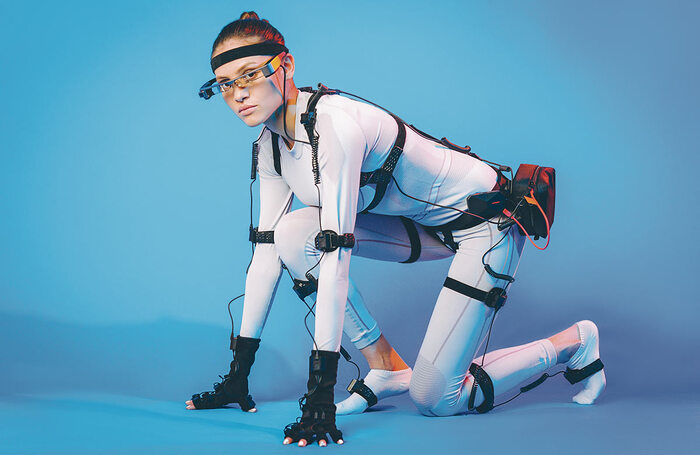
 John Byrne
John Byrne


